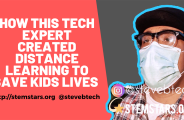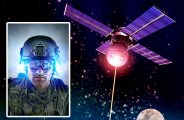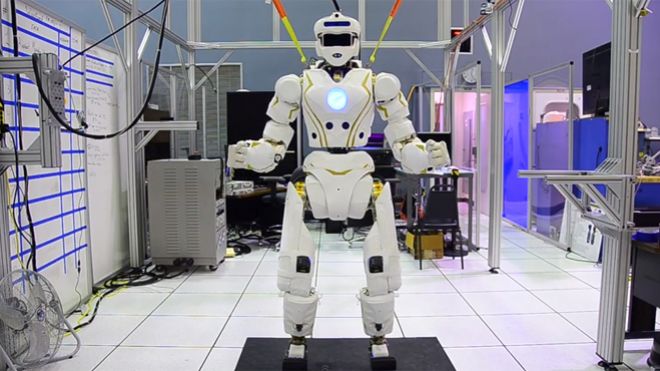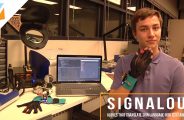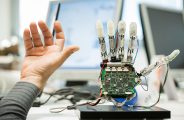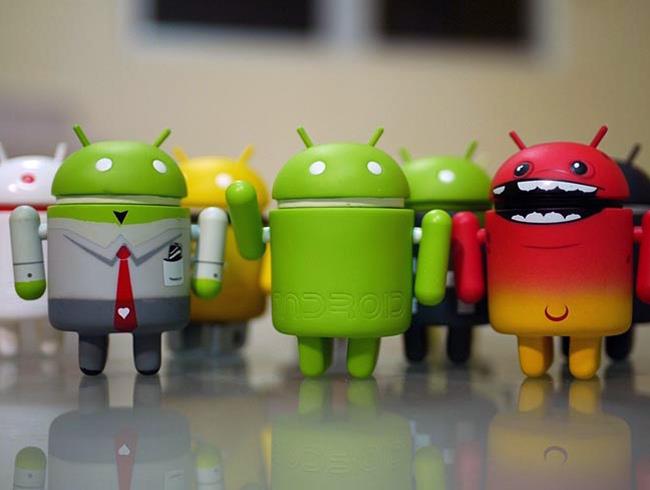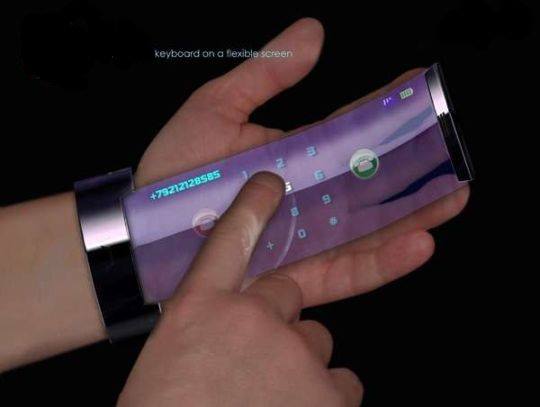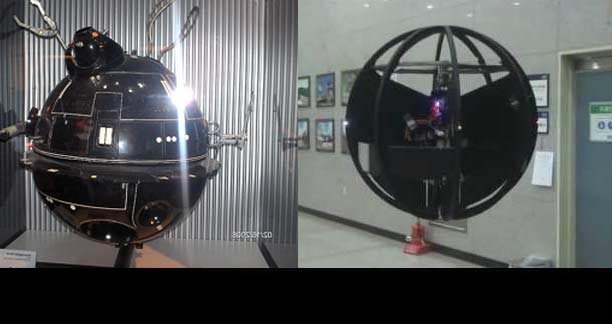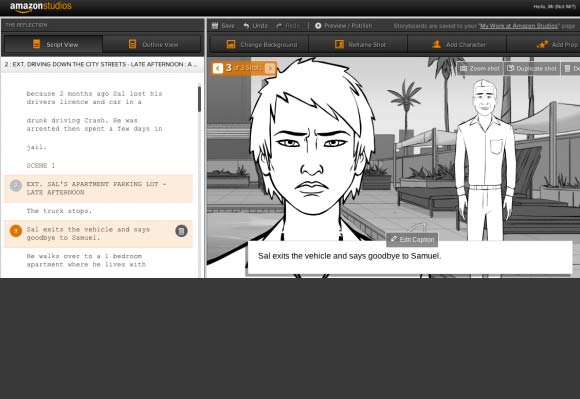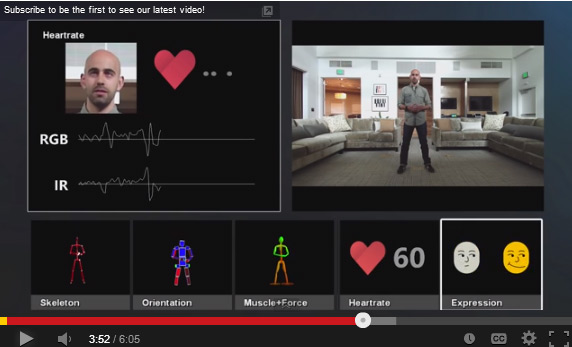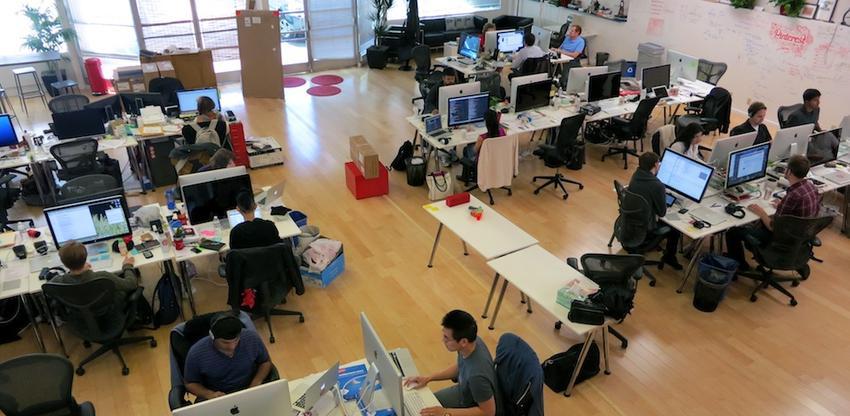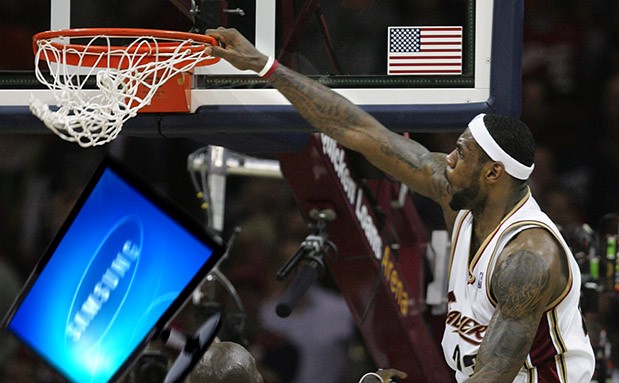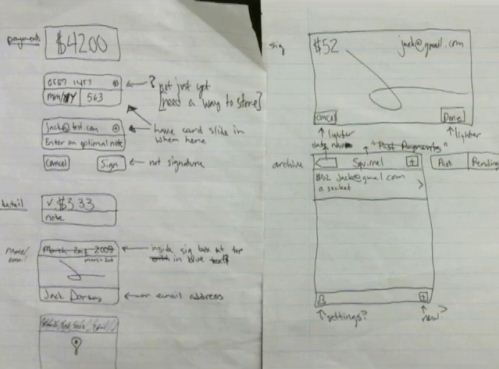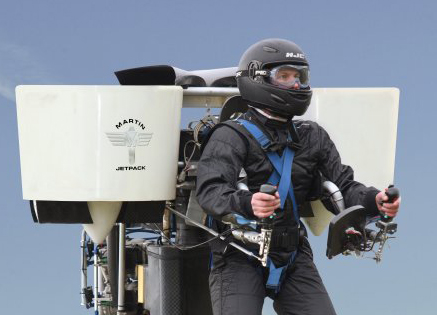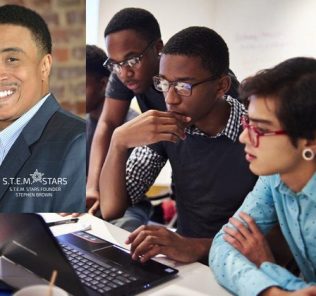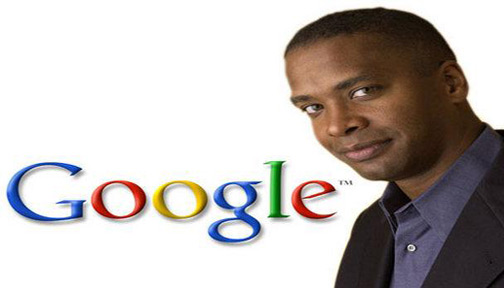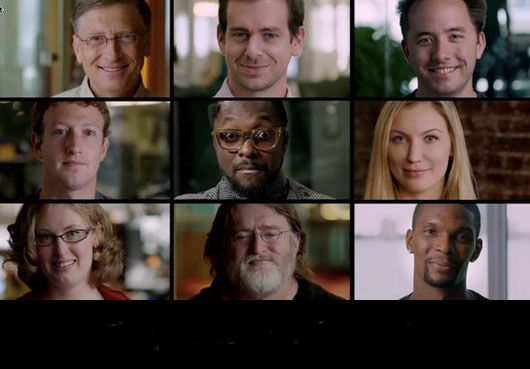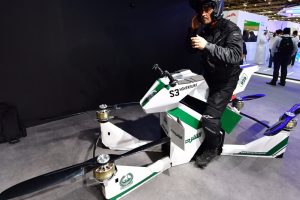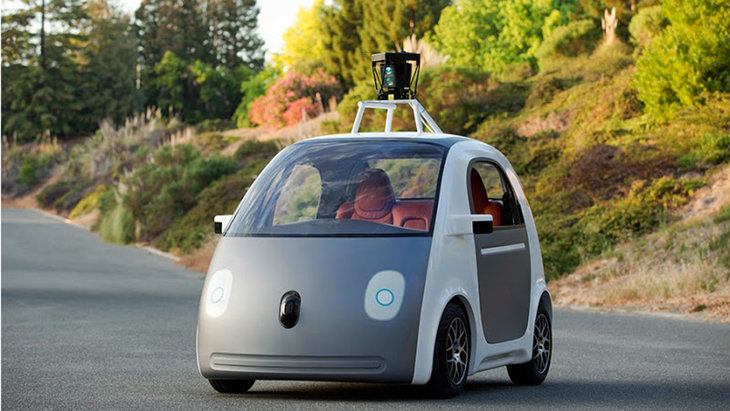Forest Whitaker’s Non Profit Aims to Stabilize African Regions Thru Technology
What defines something as “peaceful”? The absence of war, for one, is a pretty obvious element. Respect, generosity and open-mindedness make sense too.
But it takes more than just understanding the definition to be a true advocate of peace, a just-launched non-profit says.
PeaceEarth, a digital-first project, aims to create a network of “peace builders” by educating youth in war-torn areas across the world on the topic of conflict resolution. More specifically, it strives to teach how technology and new communication tools can be used to promote a global message of well-being. It was founded by actor and UNESCO Goodwill Ambassador Forest Whitaker.

The group launched back in Sept. 2012 during The Social Good Summit, where Whitaker spoke on a panel about technology and its role in easing tension across territories in conflict. Since its launch, the group has held two training sessions overseas (in Uganda and one in the newly formed nation of South Sudan) and is planning to return for two more workshops in June.
The group visited 35 students at each school, where everyone was given a laptop and Ericssonprovided broadband service.
“A lot of the students were in pretty dire situations — either as former child soldiers of the LRA [Lord’s Resistance Army], or kids forced into prostitution — there were a lot of deep PTSD issues,” she said. “Only two of them had ever seen a computer before.”
They were quick to catch on, though. The first IT training session in Uganda was scheduled to last until 5 p.m., Lennon said, but the majority of the students stuck around until close to midnight.
“I had Facebook friend requests and emails coming in from everywhere,” she says, “they were really excited about it.”
Whitaker, who won the Academy Award for Best Actor in 2006 for his portrayal of Ugandan dictator Idi Amin in The Last King of Scotland, was present for both workshops. He toldMashable in an email that students at both schools were not just interested, but captivated by the technology introduced.
“In both instances, the students said the technology was one of the highlights of the program because it allowed them to connect with others in their respective communities and other parts of the world,” he said.
“Students were aware they had been stuck in an ‘information gap,’ but with access to the Internet, they would no longer be disconnected.”
“Students were aware they had been stuck in an ‘information gap,’ but with access to the Internet, they would no longer be disconnected.”
In addition to tech, the workshops, led by Whitaker himself, focused on conflict, human rights and meditation as a relief for PTSD.
The project expands beyond the physical lessons, too. The staff regularly updates its website with articles, documentaries and videos — including a speech by the Dalai Lama on inner peace. Lennon said it’s built for former students and anyone interested to stay up to date.

Recently, the organization began a series of peace-building modules at Findley Elementary School in Des Moines, Iowa — a refugee relocation area for students from Sudan, Bosnia, Somalia, Bhutan, Burma, Vietnam, Cuba and Iraq. The classes won’t be tech-focused, Lennon said, but instead teach the conflict resolution lessons from the group’s December trip. Whitaker will head to the school next month to host a few of the workshops.
South Sudan became an independent state on July 9, 2011, following two prolonged periods of civil war (1955-1972, 1983-2005) that left close to 2.5 million people dead. Uganda has suffered civil unrest since the early 1980s, with the militia group the LRA widely accused of abducting and selling child sex slaves in the region.
Whitaker, who grew up in the south central area of Los Angeles, said he faced a similar isolation from the “real world” during his childhood.
“As a youth growing up in south central Los Angeles, the world I was exposed to consisted of five city blocks,” he said.
“The contact I experienced with the outside world was minimal and crept in through the occasional excursion by my mother or father. Those times … I felt airlifted to another world.”
“The contact I experienced with the outside world was minimal and crept in through the occasional excursion by my mother or father. Those times … I felt airlifted to another world.”
But those moments were rare. If technology had been as strong during his childhood as it is today, he said, he would have had a different perception of things — specifically, of the Civil Rights movement that unfolded during his youth. With PeaceEarth, he’s hoping to change that.
“If a time machine catapulted me back to the early 1960s and I were allowed to carry with me workable devices like the smartphone and computer, I would have been able to intimately follow those individuals fighting for civil and human rights,” he said. “With access to these tools, I would have been able to broaden my information and education base and connect with others to find solutions, solidarity and friendships in what was a rapidly changing world.”
The group’s next workshops in Africa are set for June.




